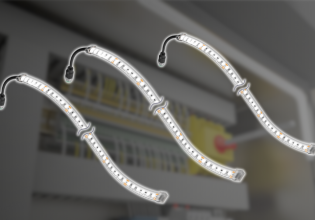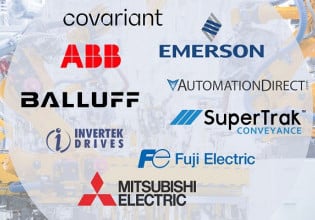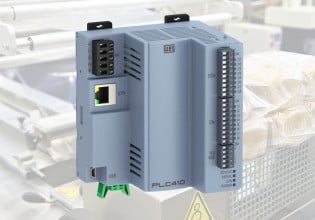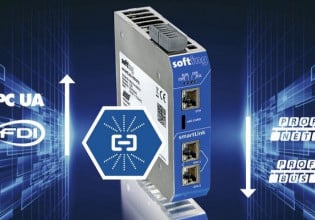T
Hello. I'm a Process Engineering student and I'm looking for the different advantages of Siemens vs. Allen Bradley PLCs and also SCADA Software from Siemens (WinCC) vs. RSViewSE (Rockwell). Maybe somebody with experience can help me?
Thank you very much,
Tiara Becerra
Thank you very much,
Tiara Becerra






